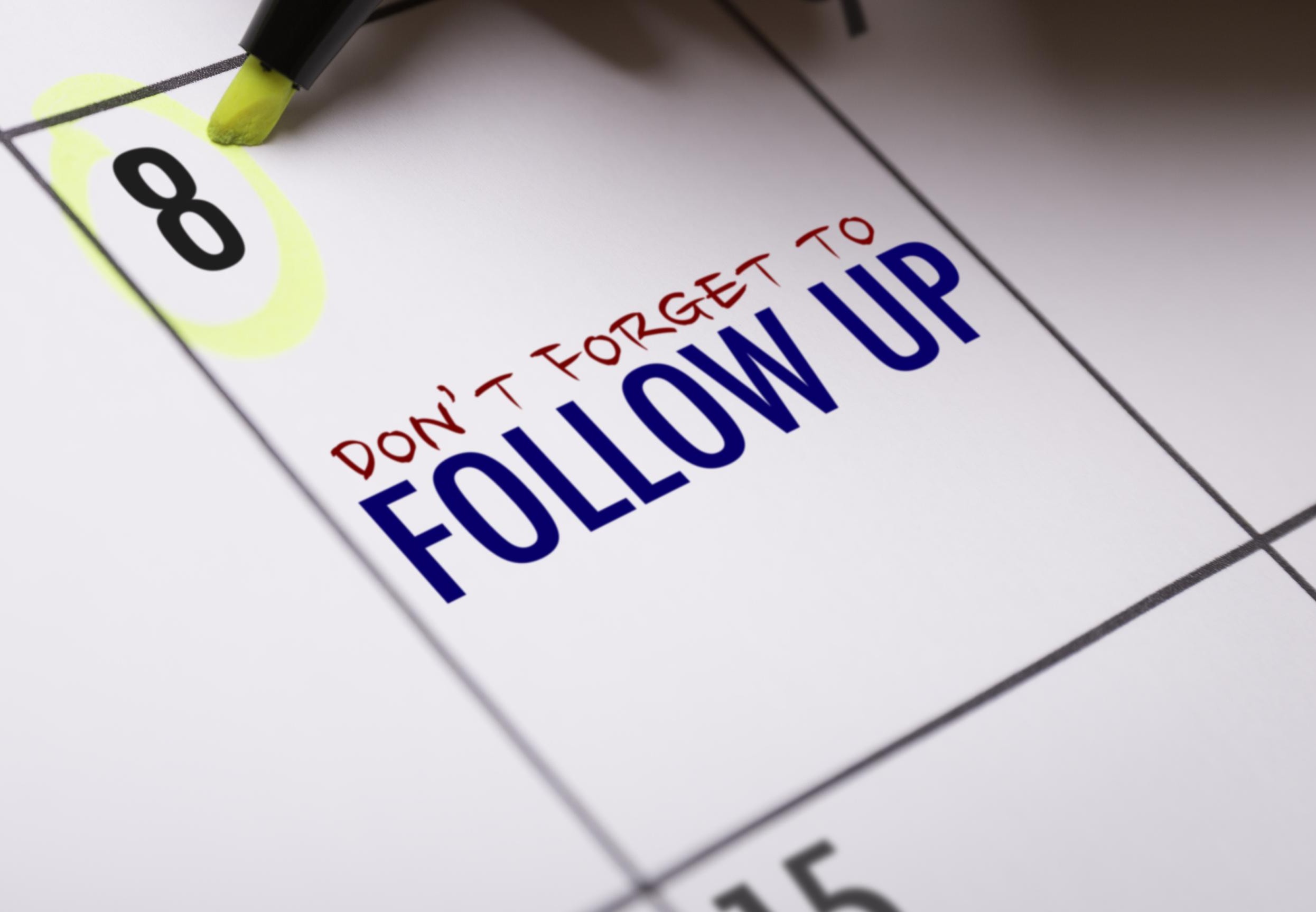
When I am preparing candidates for interviews, the question of what to wear often comes up. Corporate culture differs from firm to firm. If you are not dressed appropriately, it will immediately turn off the interviewer, and probably doom your chance of landing the job.
Many companies in the tech sector have publicly said they focus on skill sets, and don’t care what people wear. Generally, that is good PR, but not exactly accurate. So what should you wear?
My suggestion is to understand the company and position you are interviewing for, and dress appropriately. Some general rules of thumb:
1: Larger, conservative companies typically expect a more conservative look.
When you’re interviewing at larger companies, financial firms, law firms, accounting, professional services, or for customer facing roles, it’s generally a good idea to put a suit on. Even if you won’t be wearing a suit every day at work, those types of organizations will generally prefer a professional appearance for interviews. The IT people will likely all be business casual, though the business people may not be. You’ll make a stronger impression if you are dressed professionally. I would typically advise a dark suit, white or blue shirt, tie, and dark shoes.
2: Advertising, Media, Fashion, and Technology firms typically are more casual.
These types of firms typically are more casual in dress, assuming the role is not customer facing. Many of these firms will be turned off by someone in a suit, and will assess that’s the wrong cultural fit. They will look for attire that is trendy and well put together. I would typically advise business casual, meaning slacks and a button down shirt.
3: Start-Ups
Many start up’s pride themselves on their very casual environment. They generally will not care what you wear, as long as you DO NOT show up in a suit. I would advise business casual for these firms as well.
I would not advise showing up to an interview in jeans or a t-shirt, unless you work at a start up and are interviewing at a start up, and have let them know that in advance. Dressing too casually can show that you’re not serious about the interview and opportunity. Be aware of your outer wear as well.
Accessories and Outerwear:
If you own a suit, you should have an overcoat. It never makes sense to wear a ski shell over a suite when it rains. In start-ups and less conservative companies you have more leeway here but you should still “dress up”; your distressed jean jacket is probably not the best choice. If you are dressed in a suit and tie, your attaché should be professional (leather brief case or attaché) not a duffel bag. In a start-up you have a little more flexibility, but I’d suggest you still not bring a gym bag to an interview. A pad folio is key for anyone in business and something good to have on hand.
Shoes:
Shoes are one of the first things people notice. Never underestimate the importance of a shoe shine. In the start-up culture your choices are more complicated because of the casual environment. Regardless a nice pair of shoes can compliment any outfit including your startup casual attire. In my experience, there is rarely a case to be made for wearing sneakers to an interview.
Other notes on clothes and interviews:
It is important not to tip off your current employer that you’re interviewing by showing up to work in an outfit that will raise red flags. An advantage to working with a recruiter is that the recruiter will know the corporate culture and be able to advise you on dress. They will also be able to set expectations with the hiring firm if the person is going to show up dressed in an atypical style for that firm.
Proper cultural fit is important. Being dressed appropriately will allow you to feel more confident (and therefore present better) on your next interview. Understanding company culture is an important part of preparing for the meeting. It is important that you understand who you are interviewing with, the role you are interviewing for and why you want it, what you bring to the table, and that you look the part.



